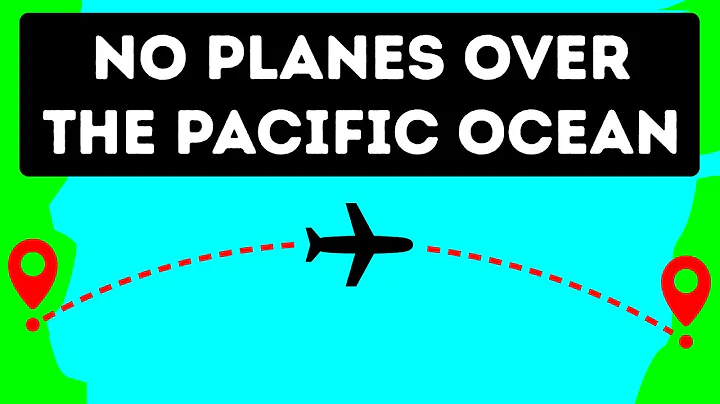In recent years, the world's maritime powers have expanded their space in new ocean territories such as the deep sea, the high seas, the North and South Poles, and launched a new round of "blue enclosure" activities. Improving the cognitive capabilities and equipment levels of the deep sea and polar has become an important support for safeguarding national maritime rights and interests, maintaining the right to speak on international marine resources, and winning competitive advantages in marine development. According to Xunyuji, on the basis of understanding and developing and utilizing the ocean, we use automated and intelligent marine science equipment to build my country's air/space/sea-based three-dimensional observation and early warning system to support the "Belt and Road Initiative" "Construction to expand new ocean territories such as the deep sea and the North and South Poles.
(1) Intelligent and unmanned marine scientific equipment
As ocean development activities gradually move towards the deep sea, it will become increasingly difficult for humans to intervene in ocean detection/monitoring equipment activities, and deep sea detection/observation will gradually develop to the point of being unmanned. Human duty is automated and intelligent. For example, new smart submersibles can lurk in set sea areas for a long time. When abnormal conditions occur within the monitoring range, the detection sensors automatically activate the equipment and intelligently track targets; new smart buoys and submersibles can automatically select appropriate information transmission based on actual conditions. , power supply mode, each subsystem independently selects the appropriate working mode according to sea conditions; the underwater vehicle can be equipped with artificial intelligence (AI) and deep learning technology to automatically identify seabed obstacles and control the thruster for autonomous avoidance.
(2) Genealogy of marine science equipment and three-dimensional observation system
With the increase of application water depth and changes in observation parameter types, marine science equipment with a single function cannot meet the comprehensive needs of future detection and observation. Multi-parameter, multi-function, Genealogy has become the development direction of related equipment. In the process of long-term detection/observation operations, a model of joint and collaborative operation of multiple types of marine science equipment is tended to be adopted, that is, multiple types of marine science equipment form a three-dimensional observation system through functional division of labor and complementation. For example, the ocean observation systems of the United States and Japan generally consist of space-based equipment ( satellites, aircraft, drones), land-based equipment (hydrological observation stations, data management centers), sea-based equipment (scientific research vessels, unmanned boats) , surface buoys), and seabed-based equipment (underwater buoys, underwater vehicles, underwater sensors), through collaborative operations to achieve complex tasks that cannot be completed by a single equipment.
(3) Integration and globalization of marine science equipment
The ocean is a closely connected system. Changes in one area will cause chain reactions in other areas; however, the ocean is too large and it is impossible for only a few countries to establish coverage. Detection/observation system for the entire ocean. Cooperation among countries to establish a global ocean exploration/observation system will be one of the future development trends of marine science, technology and equipment. In the process of developing marine science equipment, our country should pay attention to the global trend of ocean exploration/observation technology innovation, participate in the formulation of international exploration/observation plans and international standards, carry out international cooperation and exchanges, and effectively promote innovative development in the field.






















